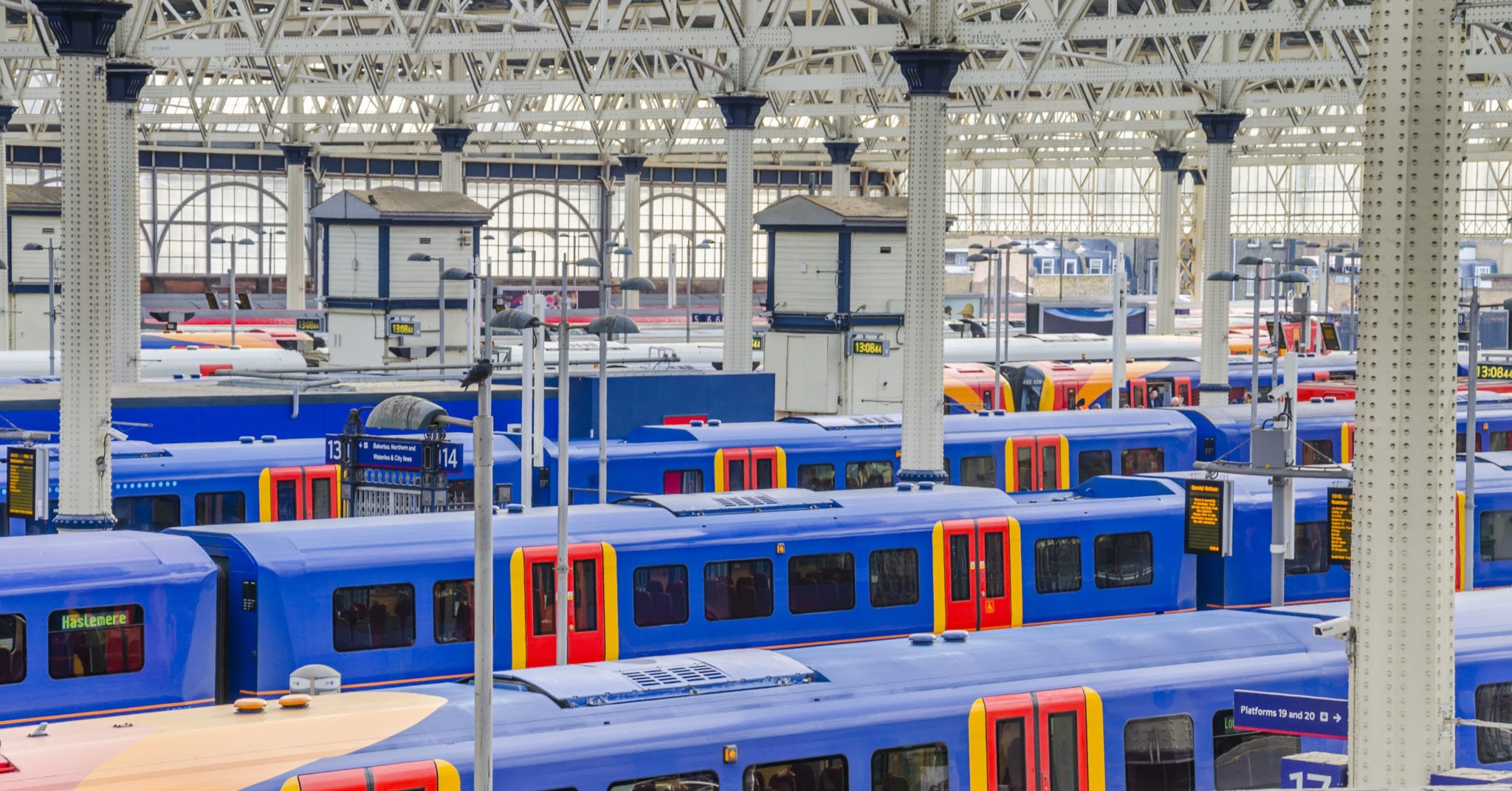A 2017 WHICH survey(1) found that passengers lost at least 3.6 million hours due to significantly delayed trains. Delays of at least half an hour affected 7.2 million passenger journeys in Britain according to the consumer group.
While some operators claim it is difficult to ensure trains run exactly to time over a 400-mile route and that 80 per cent of delays are outside their control other countries seem to get it right more often.
Take Hong Kong for instance. Recognised as having one of the best rail networks in the world, around 99.9% of its metro trains run on time(2). Japan’s densely populated cities rely on an enormous rail system. Its punctuality and discipline compensate for overcrowding and make it one of the most used systems in the world.
Yet the UK is not alone in its woeful performance; German efficiency, accuracy and punctuality(3) are slipping with passenger and goods trains losing 174,630,000 minutes every day in 2016 and delays said to have risen by almost a third since 2009.
Germany’s problems are the result of an extensive wave of very overdue repair and modernisation across the 33,000km (20,500 miles) rail network. A similar story to the UK?
If we look at Network Rail statistics(4) for 2016/2017 (5), a significant contributor to passenger train delays (listed by category and reason) were due to Signalling System & Power Supply failures (535,824 minutes or 372.1 days), the primary cause being technical failures above the Solebar (413,579 or 287.2 days).
More recently in 2017, the following incidents have been noted:
- In September 2017 (6), from Bourne End Junction (Herts) to Watford Junction (London North Western Network Rail Route), an AC/DC trip led to 4,954 minutes (3.4 days) of delay and 56 train cancellations.
- In September 2017 (7) at Wimbledon (Wessex Network Rail Route) an AC/DC trip let to 5,503 minutes (3.8 days) of delay and 112 train cancellations.
- In July 2017 between Woking to Weybridge (Wessex Network Rail Route) a Power Supply and Distribution System Failure resulted in 9,447 minutes (6.5 days) and 183 train cancellations.
- In July 2017 at North Kent East Junction (South East Network Rail Route) a Power Supply and Distribution System Failure resulted in 4,096 minutes (2.8 days) of delay and 63 train cancellations.
- In April 2017 between London Euston to Queens Park (DC) (London North Western Network Rail Route) a Power Supply and Distribution System Failure led to 6,479 minutes (4.4 days) of delay and 350 train cancellations.
Tratos recognises the challenges facing the UK rail network in the future including the mandatory requirements of Whole Life Costing.
As a company with an established track record designing, manufacturing and supplying to railway infrastructure throughout the world, consistency of the product is of paramount importance to our customers and to Tratos.
While punctuality and reliability are Network Rail’s commitment to passengers, Tratos’ pledge is product reliability which thanks to continued investment in its UK and Italian factories is a reality.
By investing we don’t stand still; it enables Tratos to deliver one of the widest ranges of specialised cable solutions to the rail sector including Medium and High Voltage cable for substation connection and switchgear, Data and Telecommunication Cable (copper & fibre optic), Signalling Power & Control cables, Track Feeder cable and Rolling Stock cable.
Note:
- https://www.independent.co.uk/news/uk/home-news/train-delays-rail-cost-passengers-millions-hours-research-which-a8132486.html
- https://www.theguardian.com/cities/gallery/2014/feb/18/ten-best-city-train-networks-in-pictures
- https://www.theguardian.com/world/2016/jun/11/why-german-trains-dont-run-on-time-any-more
- https://www.networkrail.co.uk/who-we-are/transparency-and-ethics/transparency/datasets/
- Correct at November 2017
- Correct at 16th January 2018
- Correct at 16th January 2018










